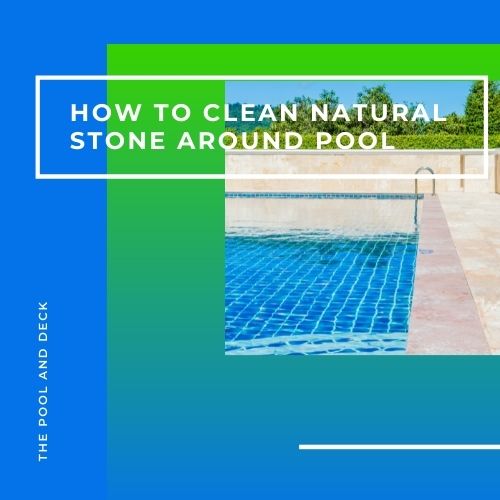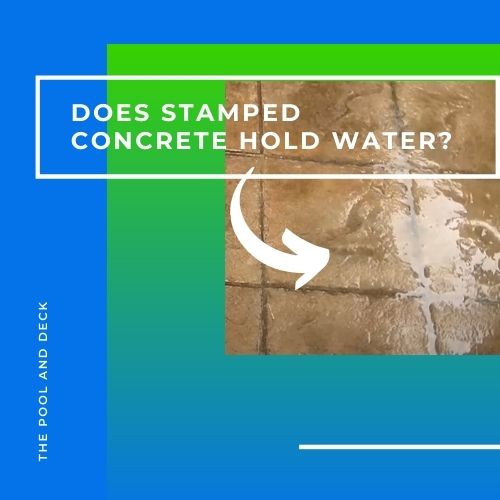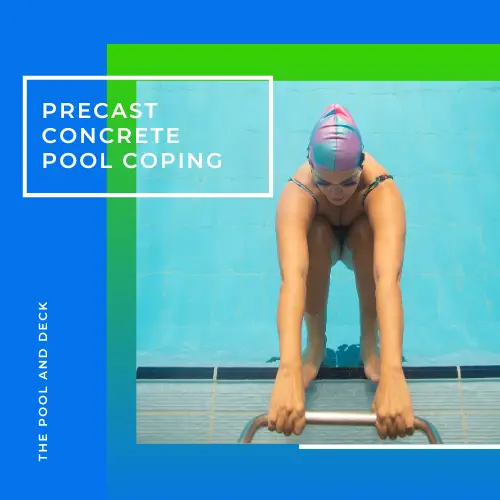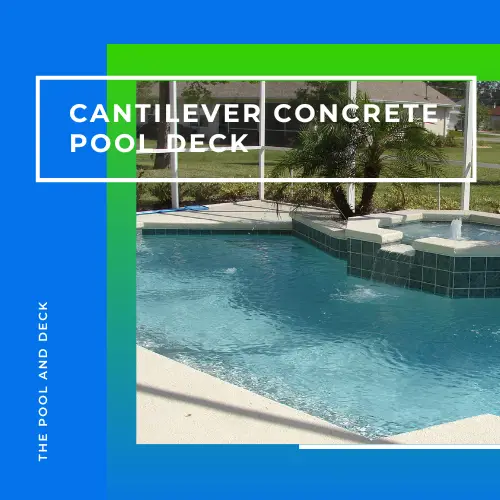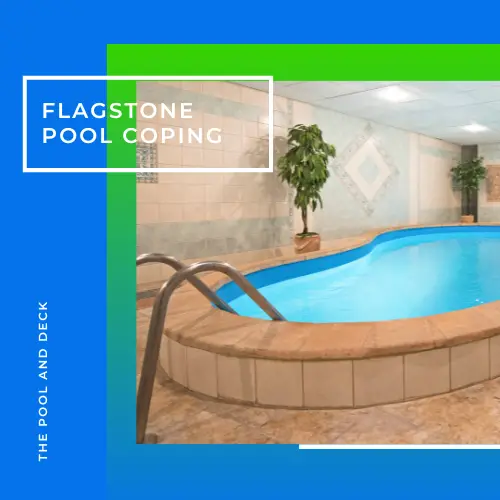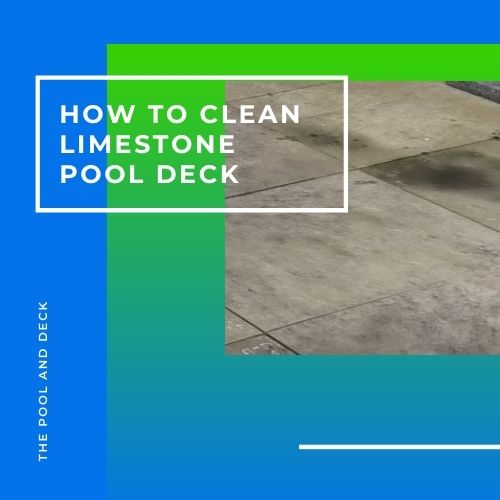Is Travertine Slippery for Pool Deck? (Helpful Things You Need To Know!)
As an Amazon Associate, I earn from qualifying purchases.
Table of Contents
Is Travertine Slippery for Pool Deck?
Have you decided to finally install that dream pool in your backyard? Great! Congratulations! I am sure you are giving a lot of thought to the pool and deck design. The choice of decking material is an important design decision. Travertine can make your pool deck look gorgeous. But is travertine slippery for the pool deck?
Travertine is possibly the least slippery natural stone for a pool deck. The non-slip property is a result of the porosity of travertine. A wet film can not form under your feet as the water is readily absorbed.
Travertine is a very popular pool decking in the US, particularly in the southern states. Pools that use travertine are simply stunning when it comes to looks. They can help you create a warm, inviting and rustic ambiance.
Travertine pavers have many functional advantages too. They are great for pool surrounds. Travertine is not just slip resistant, it also does not get very hot under the sun
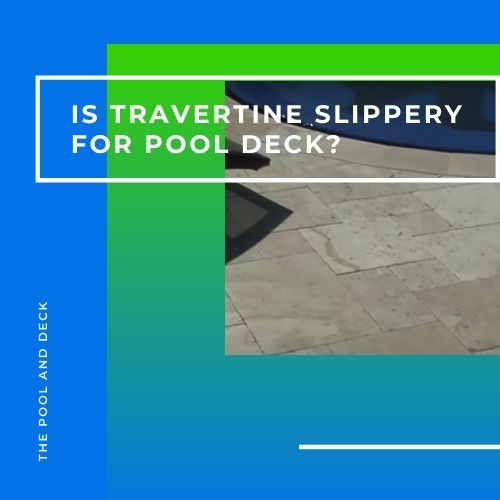
Your decision to use travertine pavers or tiles around your pool is an excellent one. If you want further confirmation, why not find out more about travertine?
In this post, I will tell you everything you need to know about travertine, its origin, the different types and why they are near perfect for your pool deck. But do more than just read this post.
Visit a natural stone dealer or showroom in your area. Take a look, feel the material and talk to them! I am sure it will convince you in favor of travertine.
Let me start with the basics.
Is Travertine Natural Stone?
Yes. Travertine is a natural stone, from the family of limestone.
Like limestone, it is composed of calcite. However, unlike limestone the source is not biological. It is volcanic activity.
Travertine is formed when rivers and springs, especially mineral and hot springs evaporate. Travertine is a dense banded rock in light earthy tones.
In the US, travertine is found in several locations, the Yellowstone National Park being the most well known landmark. Several locations in Europe and Central & South America have notable travertine deposits.
The Romans had used travertine, centuries ago, to build temples, aqueducts and amphitheaters.
The Colosseum is the largest building in the world constructed mostly of travertine.
WIKIPEDIA
The color range, composition and porosity of travertine can vary widely, depending on the source. When two persons, even experts, talk about travertine pavers or tiles, they could, as well, be talking about two different materials
You have to be very careful when you decide to use travertine pavers, tiles or coping for your pool deck. Visit the showroom, see and feel for yourself before you buy it. And ask a lot of questions!
Should Travertine Be Sealed?
Travertine is a fairly durable natural stone, but it is also a porous stone. The porosity of travertine can vary significantly depending on the quality and the source.
Travertine pavers for pool decks get their non-slip properties, both from inherent porosity and from mechanically imparted surface texture.
Porosity makes travertine skid resistant as any water between feet and the paver is readily absorbed. But, porosity is a double edged sword. Travertine stains easily as liquids can penetrate deep.
Watch that glass of red wine while on your travertine pool deck!
Porosity is also a major problem if you live in an area that has freezing winters. Water absorbed into the travertine pores will freeze on cold winter nights and thaw during the day when the sun is out.
The freeze thaw cycle puts a lot of pressure on travertine pavers and results in reduced longevity.
The solution is to seal travertine. There are three types of travertine sealers:
- Enhancing Stone Sealers: penetrate and bring out the natural vibrant colors locked within travertine. They also protect travertine pavers or tiles from staining and acid discoloration. Refresh your older travertine pavers by applying a coat or two of enhancing sealer.
- Impregnating Stone Sealers: are purely functional. Like enhancing sealers, they penetrate into the pores of the travertine paver or tile, solidify and block them. Water, stains or harmful chemicals can not enter the pores.
- Topical Stone Sealers: penetrate a bit, but mostly form a glossy, protective film on the travertine surface. They impart a rich lustrous look to the pool deck. Your pool deck will get a magical glow under the right pool lighting at night.
Does Sealing Travertine Make It Slippery?
So, sealers protect and increase the beauty of travertine. But, sealed travertine also becomes more slippery on a pool deck.
In effect, sealing travertine makes it less porous. It is no longer able to absorb the water from the soles of your feet. A thin layer of water film forms between your heels and the travertine pool deck. You can slide on this thin layer, just as a jet ski moves on water.
Topical sealers make travertine more slippery as they fill up any profile that a textured travertine paver might have had.
The best way to combat this problem is to use non-slip additives. The trick is to always use a good quality non-slip additive, either mixed into the sealer or broadcast over the still wet sealer coat.
There are several popular brands such as SureCrete’s SureGrip, H&C SharkGrip or Matcrete’s Rhino Grip.
Can You Make Travertine Not Slippery?
An important reason to use travertine pavers is that it is not slippery on pool decks. By sealing it, you are depriving your pool of this critical safety benefit.
Here are some tips on how you can make travertine not too slippery for a pool deck.
- Avoid sealing areas which have high “wet foot” traffic, such as pool copings or walkways to the shower or lounge area.
- If you must seal, use penetrating rather than topical sealer. Penetrating sealers do not form a film so the texture of the travertine paver will be retained.
- If you want to use topical sealer, make sure to add a non-slip additive to the sealer.
- Use textured travertine pavers. Brushed travertine or tumbled travertine pavers are a good choice.
Thank you very much for reading the post. I do hope you found it informative and helpful.


